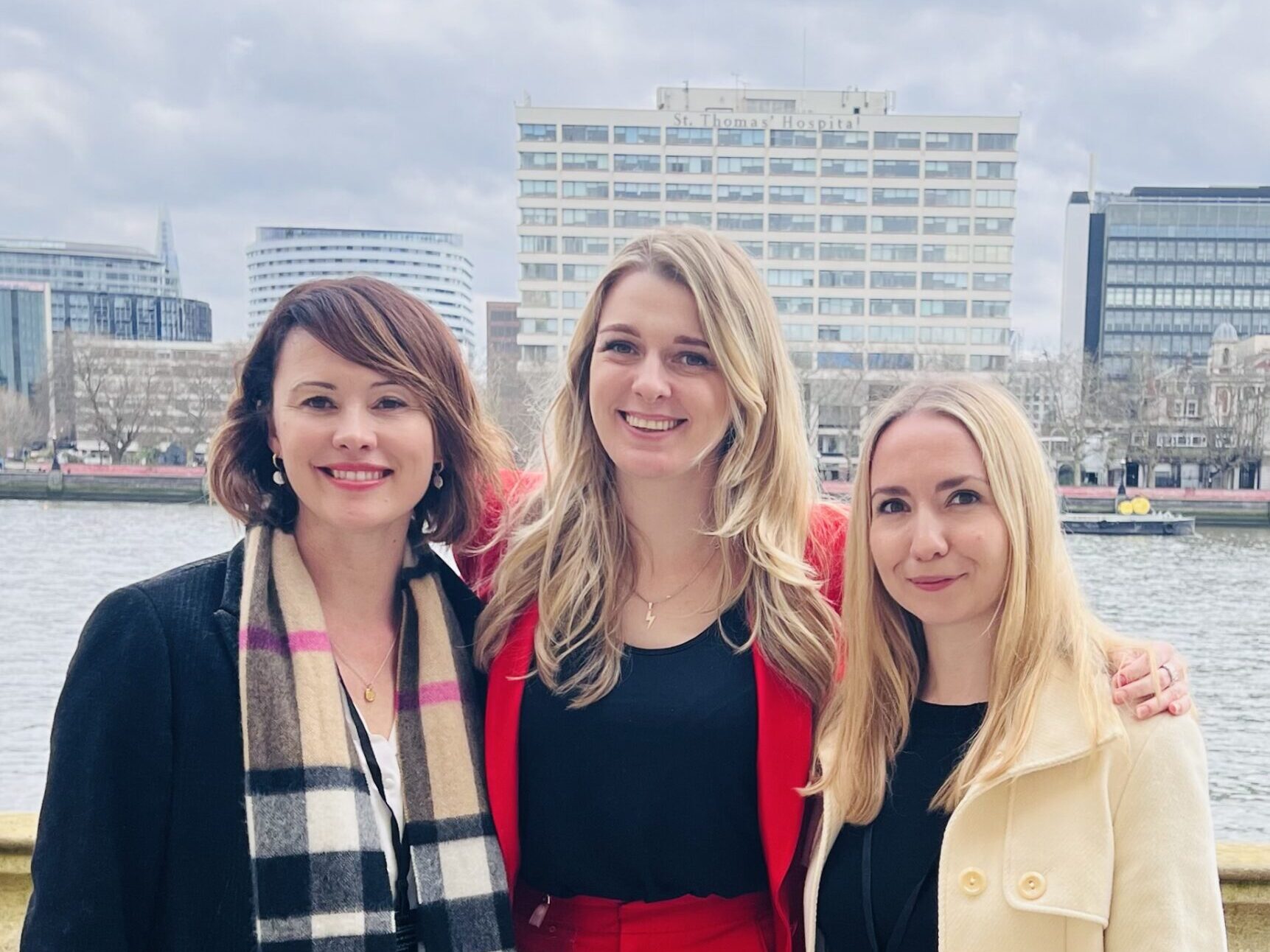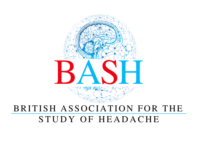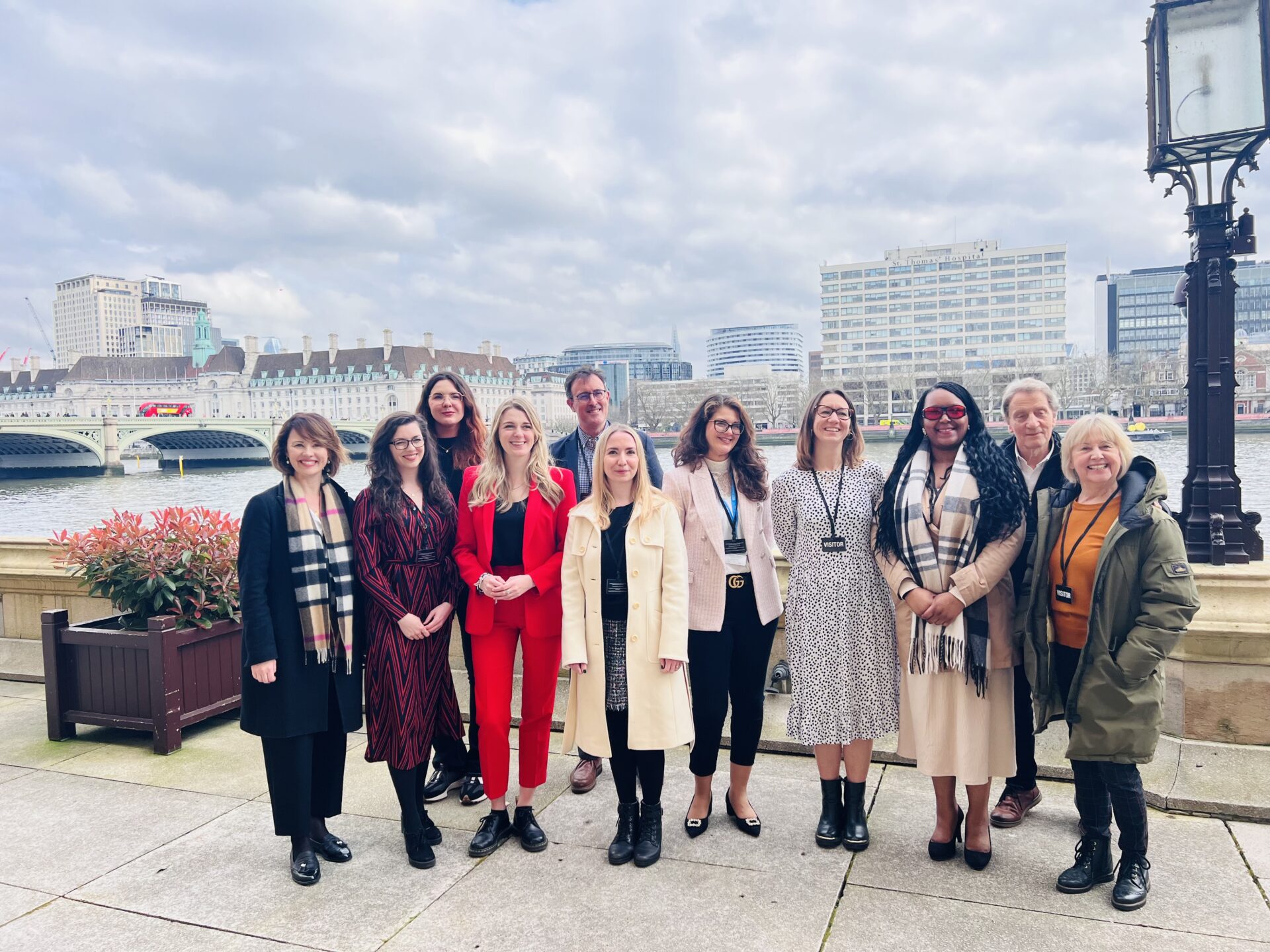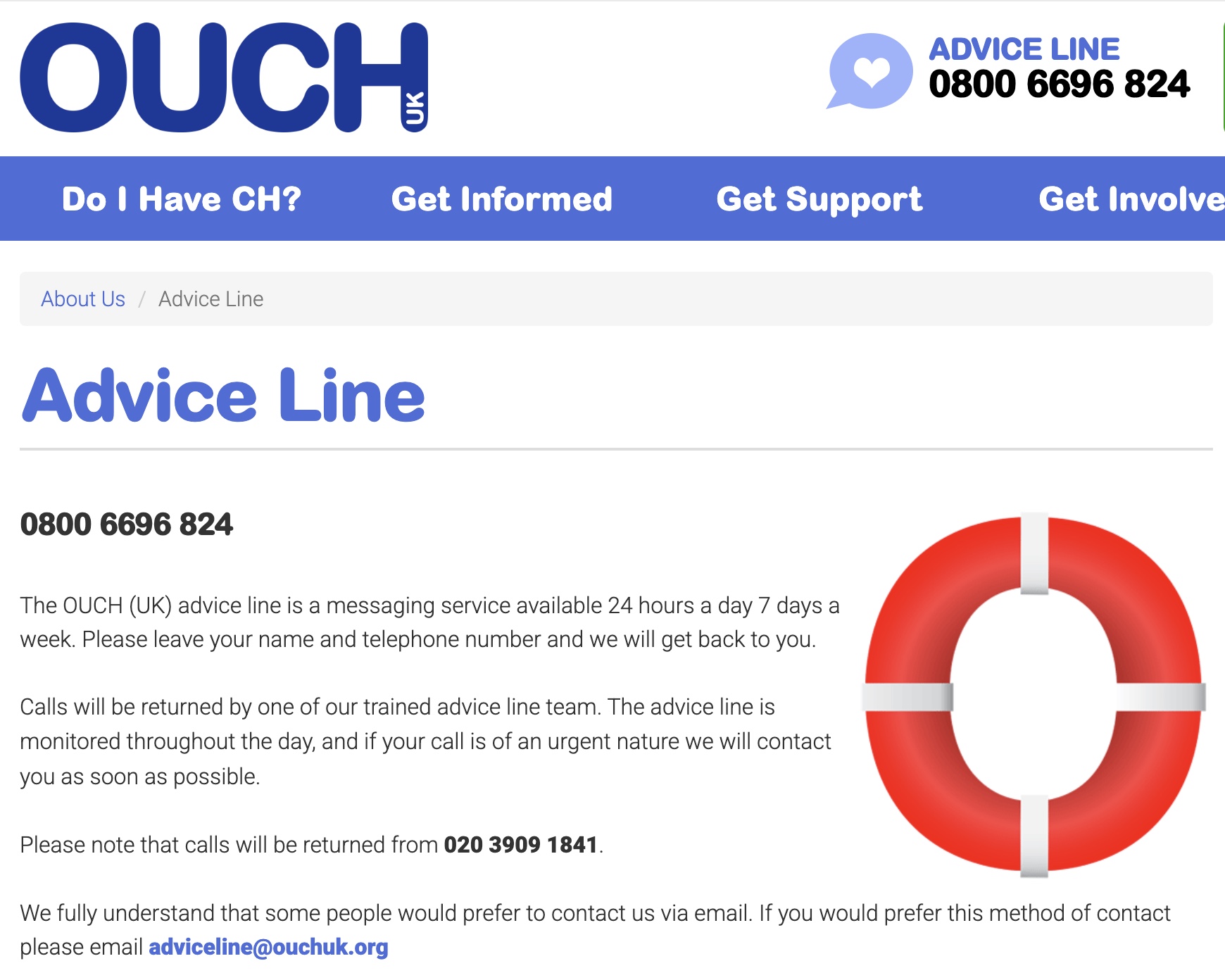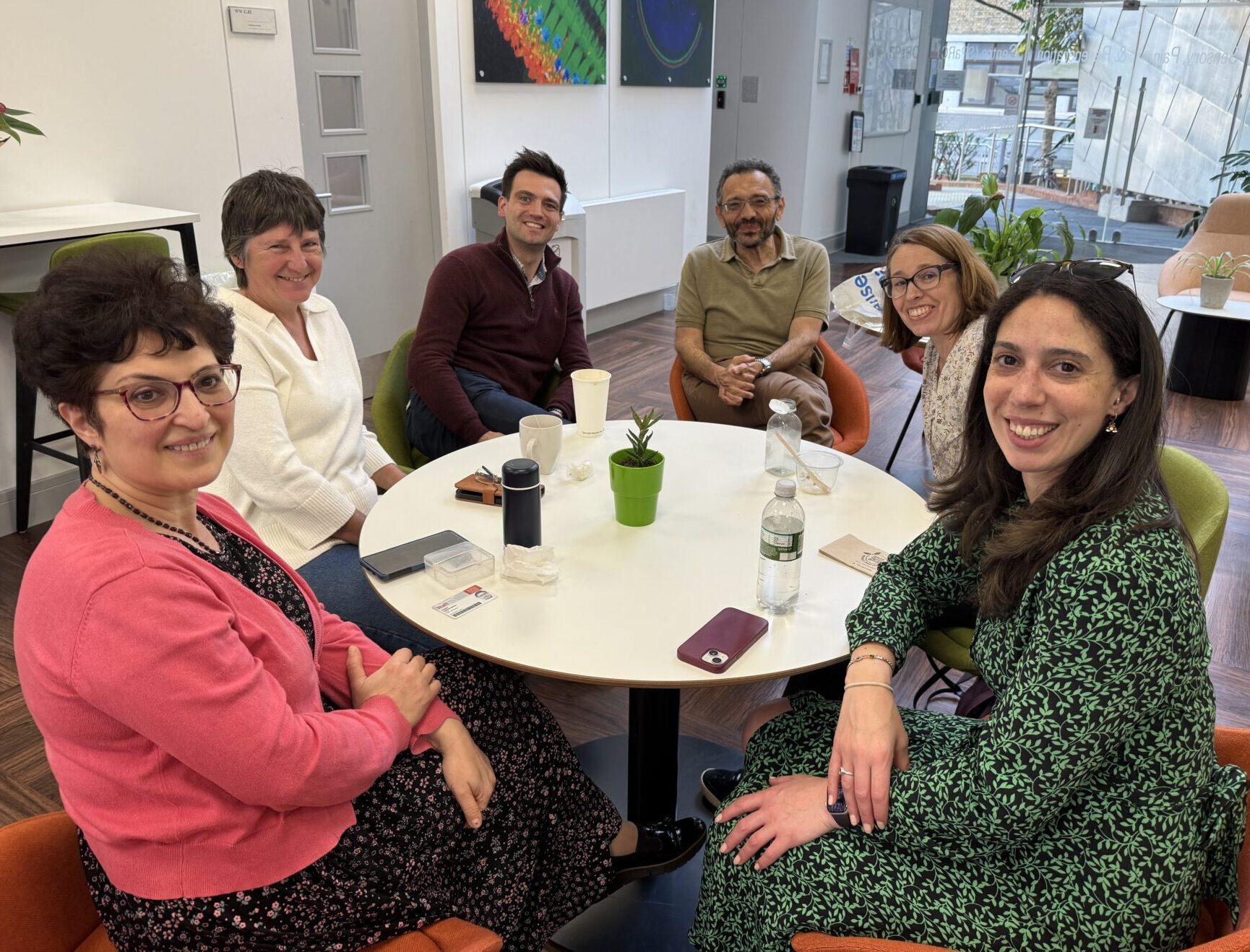Parliamentary Debate on Access to Migraine Care, Wednesday 20th March 2024
To visit the Houses of Parliament on any given day of the week is to see something special, to visit for a debate on improving access to migraine care for your patients is something else again.
With thanks to the Right Honorable Dehenna Davison MP, Dr Katy Munro, Headache Specialist at the National Migraine Centre (NMC), and Rob Music, Chief Executive of the Migraine Trust (MT), a party of migraine care campaigners representing the British Association for the Study of Headache (BASH), the NMC and MT attended the debate. They gathered in Westminster Hall to watch Dehenna passionately debate the unmet needs of people living with this common, misunderstood, under-diagnosed, invisible, and often disabling condition.
Dehenna's story
Dehenna shared her personal story of the impact of chronic migraine on her life and career. She has cited it as a reason for stepping down as an MP. She supported her debate with moving stories from constituents and fellow politicians.
She is by no means alone in stepping back from her career due to migraine. A staggering three out of the four women I saw in my headache clinic on Monday have done the same. The MT informs us that a third of people with migraine reduce work to part time; another third stop all together.
Dehenna articulated beautifully what it is to live with migraine and the barriers to care. She shared a brief history of the condition, described the enormous impact of migraine on individuals and the ripple effect it has on family and friends. She spoke of the nine billion pounds of direct and indirect costs of migraine to the healthcare and wider economy.
Although not well attended by MPs, those who spoke in the debate shared genuine sympathy, (Rt. Hon. Gavin Williamson), or true empathy, (Rt. Hon. Caroline Nokes, and Rt. Hon. Owen Thompson SNP MP). Migraine touches everyone. All who spoke either had personal experience or knew someone affected by the condition. Caroline Nokes, Chair of The Women and Equalities Committee, spoke of juggling work commitments with migraine symptoms and medication side effects. She described her journey to find effective treatment. I found this powerful and helpful to hear.
Living with migraine
Living with migraine is hard to sum up. This paraphrased quote from Dr Mark Weatherall’s book, ‘Living with Headaches’ goes a long way to confirm what was said:
‘Loss of certainty is common. Headaches cause capricious, unpredictable interruptions to life that engender anxiety and apprehension. Plans have to be adjusted or abandoned, people feel that they have lost control and the freedom to act as they wish’.
And in the words of one constituent, it can be an ‘awful existence to live with migraine’.
The need for better access to effective treatments
Key points included the need to support children with migraine, tear down guilt and stigma and recognise chronic migraine as a disability. Tailored care for women experiencing perimenopausal worsening of migraine, more resources for education and service provision, and timely access to specific treatment are essential. This list is not exhaustive - there is a lot to do!
I was pleased to hear Gavin Williamson highlight migraine as a condition that can be well managed in primary care. GPs and nurses with extended roles in headache medicine help address the issue of too few neurologists. We have only 1 neurologist per 100,000 patients in the UK. There are only 80 GPs with an extended role in Headache, a condition that affects 1 in 7 people and 1 in 4 people of working age.
Dehenna shared her optimism with the advance in migraine-specific CGRP blocker medications. She noted that long waiting times for treatment, (average 29 weeks), and the post-code lottery for access to these treatments need addressing urgently.
The Rt.Hon. Karen Smyth MP, Shadow Health Minister, supported the need for making early intervention a reality. People with migraine should have ready access to specialist care when needed. There needs to be improved funding for research and shortening waiting times.
Hope for the future?
Despite the Rt. Hon. Andrew Stephenson MP, Health Minister, acknowledging the concerns raised, I am not sure we came away with a clear sense that action on this matter will be well targeted or imminent but we are hopeful that this debate is an important step in the right direction.
All those in favour of better access to migraine care say ‘Aye!’.
Dr Rebecca Walker, GP with extended roles in Headache Medicine and Menopause Care, Honorary Advisor to BASH Council.
If you are a GP and want to develop your knowledge of managing headache conditions, look at our GP area. https://bash.org.uk/gp-area/
Keep up to date with headache news by following our BASH website.https://www.bash.org.uk/
The debate was broadcast live and on catch up, via Westminster Live. https://www.parliamentlive.tv/Event/Index/0fae7e41-379c-4bb8-bc38-3f8ef9034828
